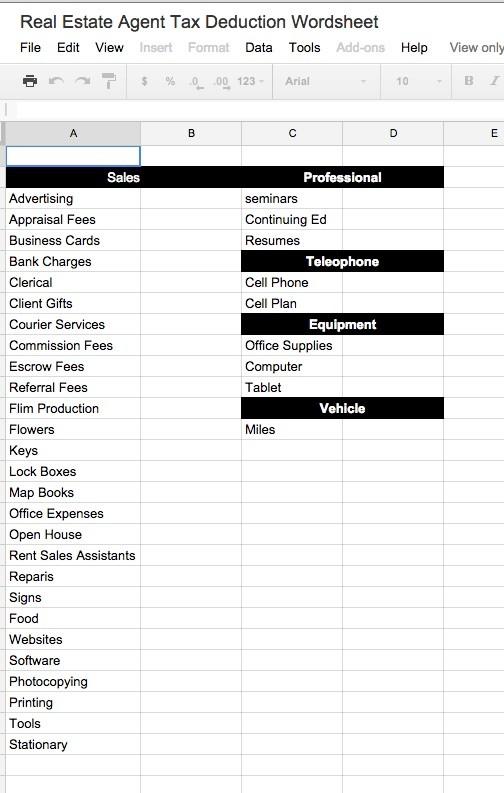Chicago Realtors Oppose New Property Tax Proposal to Support CTA Funding
Chicago’s real estate community is actively resisting a contentious proposal to increase property taxes as a means to shore up the Chicago Transit Authority’s (CTA) budget. This initiative aims to alleviate the CTA’s persistent financial deficits by leveraging the city’s thriving real estate sector.However, realtors and housing advocates caution that raising property taxes could destabilize the housing market and hinder economic progress, igniting a fierce debate between transit supporters and property stakeholders.
Real Estate Professionals Voice Concerns Over Proposed Tax Hikes
Local realtors have rallied against the suggested property tax increases targeting both residential and commercial properties. They argue that such measures risk exacerbating an already delicate housing market by increasing ownership costs, which may deter homebuyers and developers alike. Key objections raised by the real estate sector include:
- Unequal financial strain on middle-income homeowners and small-scale landlords.
- Potential decline in housing market activity due to higher carrying expenses.
- Absence of diversified or innovative funding alternatives for transit support.
| Group | Main Concern | Proposed Alternatives |
|---|---|---|
| Realtors | Market slowdown and affordability challenges | Adjustments to sales tax, fostering public-private collaborations |
| Homeowners | Rising monthly financial burdens | Phased tax rollouts, exemptions for elderly residents |
| Urban Planners | Long-term transit funding sustainability | Congestion fees, increased state funding |
Evaluating the Effects of Property Tax Increases on Chicago’s Housing Market
The proposal to impose higher property levies has sparked intense scrutiny within Chicago’s housing sector, as experts analyze its potential repercussions on affordability and market dynamics. Realtors warn that escalating property taxes could increase landlords’ expenses, which might be transferred to renters, and discourage new housing projects due to squeezed profit margins. Notably,single-family homeowners could face a heavier burden compared to commercial property owners.
Recent studies on price elasticity suggest that even modest tax hikes might reduce property sales by nearly 8%, indicating a cooling effect on the market. The table below illustrates estimated fiscal outcomes and market responses based on varying levy rates:
| Tax Rate Increase | Projected Annual Revenue | Expected Market Impact |
|---|---|---|
| 0.1% | $50 million | Minimal market disruption |
| 0.25% | $125 million | Noticeable slowdown in transactions |
| 0.5% | $250 million | Notable contraction in market activity |
Exploring Alternative Funding Mechanisms for Chicago’s Transit System
With growing resistance to the property tax increase, transit finance specialists advocate for a diversified funding portfolio to ensure the CTA’s fiscal health. Heavy reliance on real estate taxes could expose transit funding to market volatility and place undue pressure on property owners. Instead, experts recommend innovative strategies such as:
- Congestion pricing: Charging fees in high-traffic areas to reduce vehicle use and generate revenue.
- Public-private partnerships: Collaborations that attract private capital to supplement public funds.
- Dedicated transit sales taxes: Spreading costs across a broader consumer base.
- Carbon pricing initiatives: Linking transit funding to environmental sustainability goals.
Adopting a multi-source funding approach could enhance financial stability and distribute transit costs more equitably. The table below compares key attributes of these alternative models:
| Funding Approach | Revenue Reliability | Taxpayer Impact | Environmental Advantages |
|---|---|---|---|
| Congestion Pricing | High | Moderate (user-based fees) | Ample |
| Public-Private Partnerships | Variable | Low (investment-driven) | Moderate |
| Sales Tax Increase | Moderate | Broad-based | Low |
| Carbon Pricing | Variable | Indirect | High |
Strategies for Harmonizing Urban Growth with Infrastructure Funding
Balancing urban expansion with infrastructure demands requires a nuanced approach that supports both real estate development and public transit sustainability. Stakeholders emphasize the importance of smart zoning policies and targeted investments to encourage growth without overwhelming existing systems. Promoting transit-oriented development (TOD) can foster lively, pedestrian-pleasant neighborhoods that reduce car dependency and ease pressure on the CTA, while maintaining a healthy real estate market.
Key initiatives gaining momentum among planners and developers include:
- Phased Tax Incentives: Gradual property tax increases linked to infrastructure enhancements to incentivize responsible growth.
- Collaborative Public-Private Ventures: Partnerships that pool resources for transit improvements alongside new construction.
- Thorough Impact Assessments: Evaluations ensuring new developments align with transportation capacity and urban services.
| Approach | Advantages | Challenges |
|---|---|---|
| Smart Zoning | Increases density near transit hubs | Requires regulatory reform |
| Phased Tax Incentives | Encourages gradual development | May delay immediate funding needs |
| Public-Private Partnerships | Leverages combined financial resources | Demands clear governance and accountability |
Conclusion: Navigating the Intersection of Transit Funding and Real Estate Interests
The ongoing debate over Chicago’s transit financing underscores a pivotal moment where the interests of the real estate sector and public infrastructure must be carefully balanced. Realtors’ opposition to the proposed property tax increase highlights the broader challenge of meeting municipal funding needs without undermining economic vitality. The resolution of this conflict will significantly influence the CTA’s financial future, the health of Chicago’s housing market, and the city’s urban development path in the coming years.





